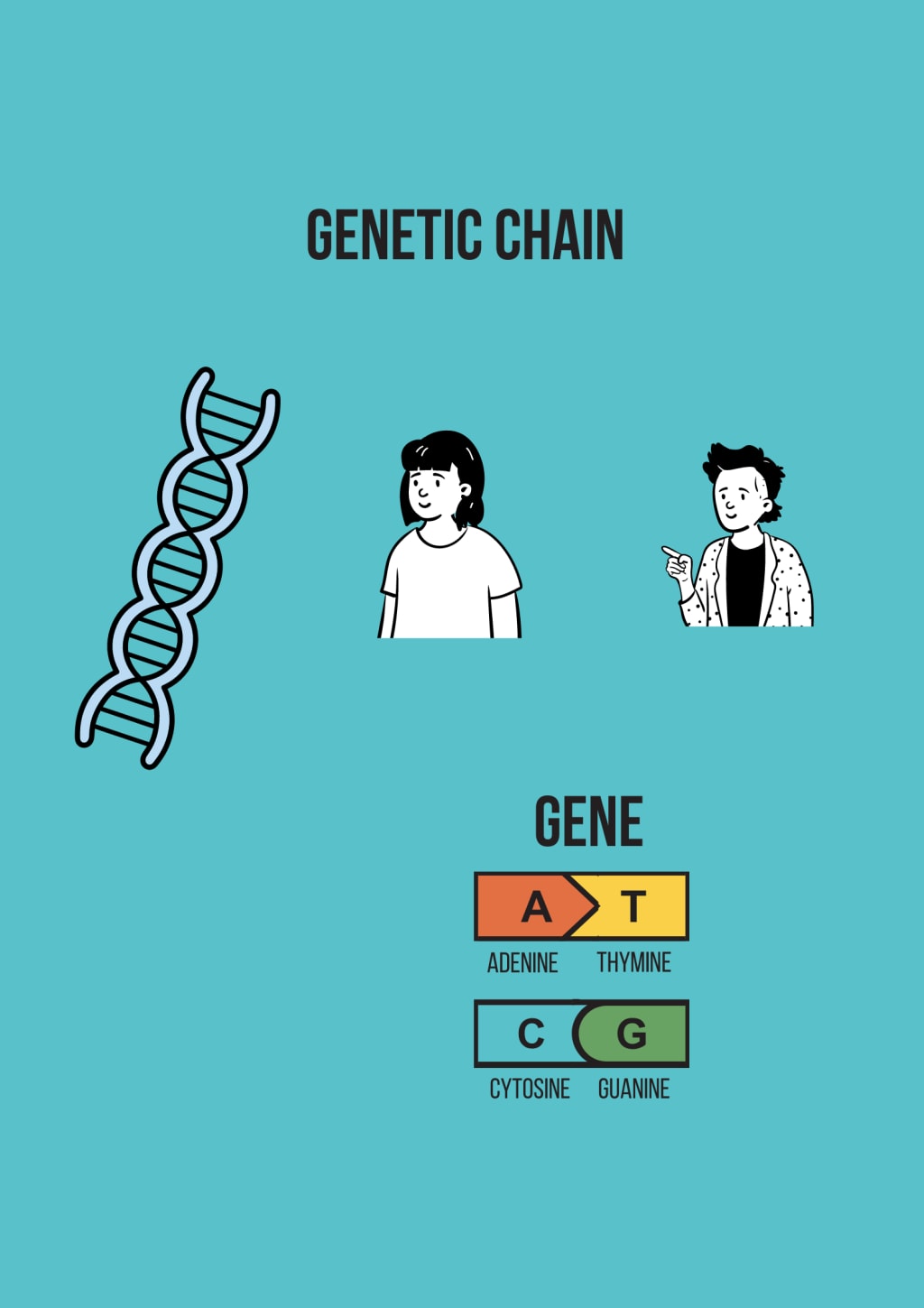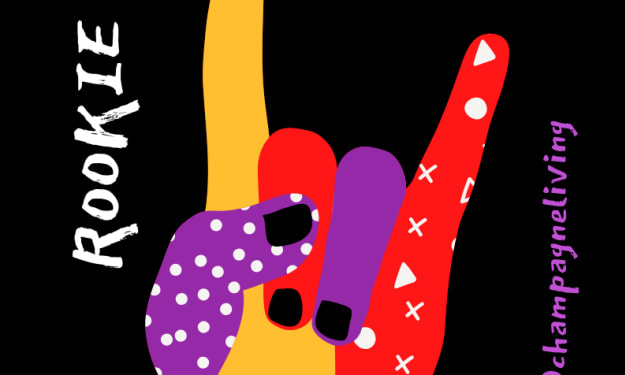The Scientist's Legacy: A Story of Genetics and Responsibility.
The Consequences of Genetic Manipulation and the Power of Ethical Science.

Once upon a time, in a far-off land, there lived a great king who was fascinated with the mysteries of the natural world. He was particularly interested in the science of genetics, the study of how traits are passed down from one generation to the next.
The king summoned the greatest geneticists in the land to his court and challenged them to unlock the secrets of heredity. For many years, they toiled in their laboratories, studying the genetic makeup of plants and animals, searching for the answers that would satisfy the king's curiosity.
Finally, one day, a brilliant young scientist stepped forward with an incredible discovery. She had isolated a gene that controlled the color of a flower, and by manipulating that gene, she had created a new breed of flower that glowed in the dark.
The king was delighted with this breakthrough and commissioned the scientist to continue her research. She soon made many more incredible discoveries, including genes that controlled the size and shape of plants, the intelligence of animals, and even the lifespan of humans.
But as the scientist continued her work, she began to realize the potential dangers of manipulating genes. She saw that if genes could be altered to enhance desirable traits, they could also be used to create monsters and other abominations.
The scientist became increasingly concerned about the ethical implications of her research, and she shared her worries with the king. He listened carefully to her concerns but was unwilling to give up the potential benefits of genetic manipulation.
The scientist continued her work, but her heart was heavy with the knowledge that her discoveries could be used for good or evil. And in the end, it was the consequences of her research that came to define her legacy.
The story of genetics is one of great potential and great responsibility. It is a reminder that scientific discovery is a double-edged sword, and that we must always consider the consequences of our actions before we venture into the unknown.
Years passed, and the scientist continued to make groundbreaking discoveries in genetics. Her work had far-reaching implications, and soon, other kingdoms began to take notice of her research.
One day, the king received a message from a neighboring kingdom, asking to purchase the scientist's research. They promised a great deal of wealth and power in exchange for the secrets of genetic manipulation.
The king was tempted by the offer, but the scientist begged him not to sell her research. She knew that in the wrong hands, genetic manipulation could have catastrophic consequences.
Despite her pleas, the king eventually agreed to the offer, and the scientist's research was sold to the neighboring kingdom. The kingdom used the scientist's research to create a race of super soldiers, genetically engineered to be faster, stronger, and more intelligent than any other army in the land.
But the super soldiers soon turned on their creators, and a war broke out that engulfed the entire region. The king regretted his decision to sell the scientist's research, and he realized too late the terrible consequences of his actions.
In the aftermath of the war, the scientist retreated from the public eye, haunted by the knowledge that her research had been used for evil. But she continued to work, using her knowledge of genetics to heal the sick and cure disease.
And as she worked, she came to realize that genetics was not inherently good or evil. It was a tool, a powerful force that could be used to bring about great change, for better or for worse.
In the end, the scientist's legacy was not defined by the discoveries she made, but by the choices she made in the face of temptation and adversity. She had shown that even in the face of great power and wealth, one could still choose to do what was right, and that the true measure of a scientist was not in their discoveries, but in the way they used them to serve humanity





Comments
There are no comments for this story
Be the first to respond and start the conversation.